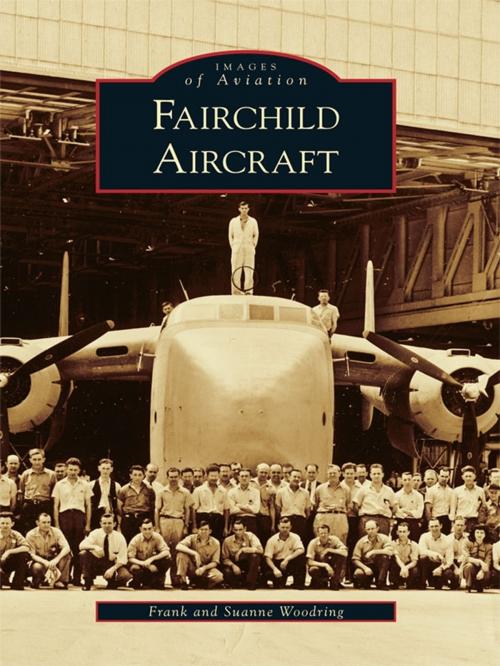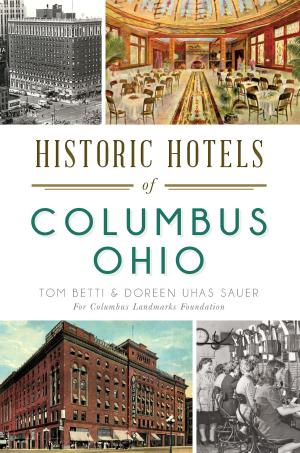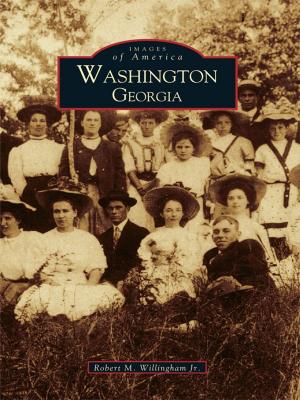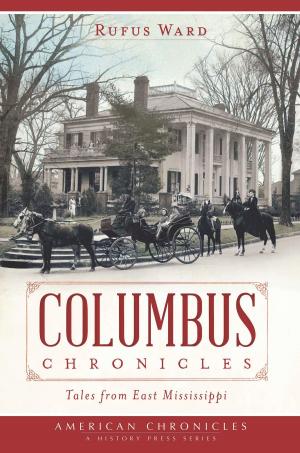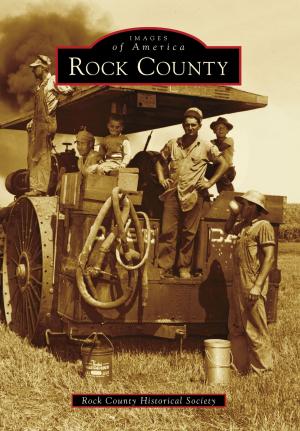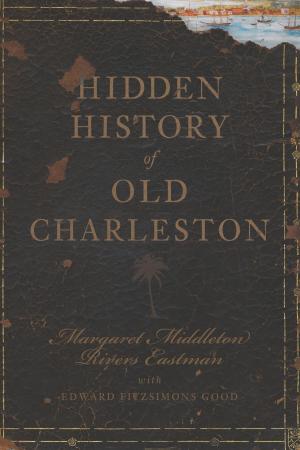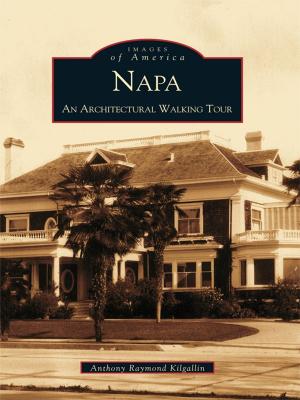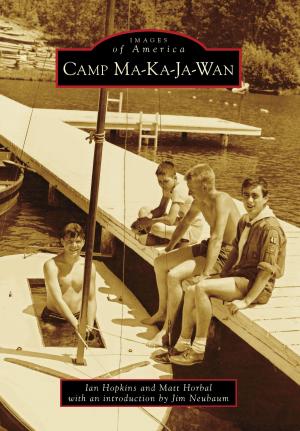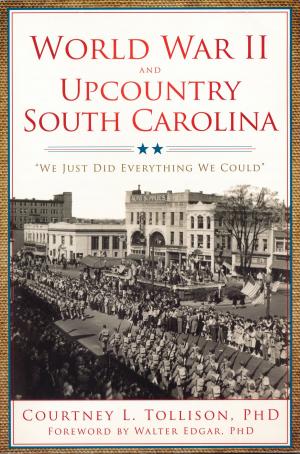Fairchild Aircraft
Nonfiction, Reference & Language, Transportation, Aviation, Commercial, History, Art & Architecture, Photography| Author: | Frank Woodring, Susanne Woodring | ISBN: | 9781439617748 |
| Publisher: | Arcadia Publishing Inc. | Publication: | July 18, 2007 |
| Imprint: | Arcadia Publishing | Language: | English |
| Author: | Frank Woodring, Susanne Woodring |
| ISBN: | 9781439617748 |
| Publisher: | Arcadia Publishing Inc. |
| Publication: | July 18, 2007 |
| Imprint: | Arcadia Publishing |
| Language: | English |
When Orville Wright made the first successful flight of an airplane at Kitty Hawk, North Carolina, on December 17, 1903, no one could have envisioned the impact that the historic occasion would have on Hagerstown, Maryland, and the tri-state area of Maryland, Pennsylvania, and West Virginia. When Sherman M. Fairchild bought controlling interest in Hagerstown�s Kreider-Reisner Aircraft in 1929, the
stage was set for the newly formed Fairchild Aircraft to become a major contributor to the country�s World War II efforts. In 1939, the company
was awarded a contract to build 270 PT-19 trainers for the U.S. Army Air Corps. By the spring of 1944, Fairchild had manufactured more than 5,000 of the primary trainers, which became synonymous with the city of Hagerstown. When asked by the military to �put wings on a railroad boxcar,� Fairchild responded with various cargo aircraft including the
C-82, the C-119, and the C-123. Fairchild�s contribution to the world of aviation unofficially ended in March 1984 with the delivery of the last of the A-10s contracted by the U.S. Air Force. Over the course of its history in Hagerstown, Fairchild employed more than 50,000 men and women in the manufacture of military and civilian aircraft.
stage was set for the newly formed Fairchild Aircraft to become a major contributor to the country�s World War II efforts. In 1939, the company
was awarded a contract to build 270 PT-19 trainers for the U.S. Army Air Corps. By the spring of 1944, Fairchild had manufactured more than 5,000 of the primary trainers, which became synonymous with the city of Hagerstown. When asked by the military to �put wings on a railroad boxcar,� Fairchild responded with various cargo aircraft including the
C-82, the C-119, and the C-123. Fairchild�s contribution to the world of aviation unofficially ended in March 1984 with the delivery of the last of the A-10s contracted by the U.S. Air Force. Over the course of its history in Hagerstown, Fairchild employed more than 50,000 men and women in the manufacture of military and civilian aircraft.
When Orville Wright made the first successful flight of an airplane at Kitty Hawk, North Carolina, on December 17, 1903, no one could have envisioned the impact that the historic occasion would have on Hagerstown, Maryland, and the tri-state area of Maryland, Pennsylvania, and West Virginia. When Sherman M. Fairchild bought controlling interest in Hagerstown�s Kreider-Reisner Aircraft in 1929, the
stage was set for the newly formed Fairchild Aircraft to become a major contributor to the country�s World War II efforts. In 1939, the company
was awarded a contract to build 270 PT-19 trainers for the U.S. Army Air Corps. By the spring of 1944, Fairchild had manufactured more than 5,000 of the primary trainers, which became synonymous with the city of Hagerstown. When asked by the military to �put wings on a railroad boxcar,� Fairchild responded with various cargo aircraft including the
C-82, the C-119, and the C-123. Fairchild�s contribution to the world of aviation unofficially ended in March 1984 with the delivery of the last of the A-10s contracted by the U.S. Air Force. Over the course of its history in Hagerstown, Fairchild employed more than 50,000 men and women in the manufacture of military and civilian aircraft.
stage was set for the newly formed Fairchild Aircraft to become a major contributor to the country�s World War II efforts. In 1939, the company
was awarded a contract to build 270 PT-19 trainers for the U.S. Army Air Corps. By the spring of 1944, Fairchild had manufactured more than 5,000 of the primary trainers, which became synonymous with the city of Hagerstown. When asked by the military to �put wings on a railroad boxcar,� Fairchild responded with various cargo aircraft including the
C-82, the C-119, and the C-123. Fairchild�s contribution to the world of aviation unofficially ended in March 1984 with the delivery of the last of the A-10s contracted by the U.S. Air Force. Over the course of its history in Hagerstown, Fairchild employed more than 50,000 men and women in the manufacture of military and civilian aircraft.
